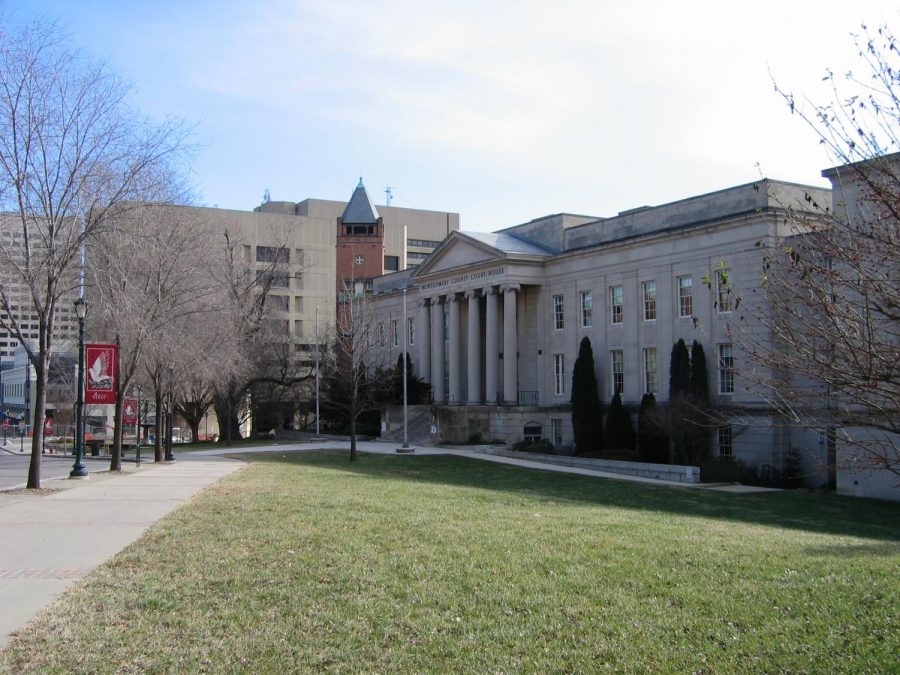Students should be exempt from jury duty
Students should not be required to fulfill their civic obligation of jury duty. Other alternative options should exist to supplement this obligation.
May 17, 2019
One of the most exciting times in any high schooler’s life is reaching the age of 18. At this age, one is finally, and legally, an adult.
However, what may be overshadowed from the excitement of registering to vote for the first time, proudly exercising this constitutional right, is one of the responsibilities it brings: jury duty. Several students turn and are 18 while in high school, and therefore are susceptible to being called to court. Even though these teens are legally adults, they should be exempt from being called to jury duty and should fulfill their civic duty by alternative means.
First off, high schoolers are students, in high school. Although one can delay their court date so that it does not interfere with school, to attend may still be inconvenient for other reasons. This can cause eligible citizens to refrain from registering to vote in order to avoid the risk of jury duty.
According to a 2017 Pew Research Center survey, younger people between ages 18-29, student-aged, are less likely to connect serving jury duty with good citizenship. Minorities are also less likely to have that view.
To have to serve jury duty brings forth obstacles for individuals who cannot afford to miss work or class or who will have difficulty doing so. It seems wrong for one to miss out on exercising certain American rights, such as voting, because doing so gambles the chance of interfering with non-civic everyday duties. Even though jury duty may be considered an excused absence, that does not make up for the work or activity skipped.
According to the Md. Court’s official website, more individuals are called for jury duty than those who are actually selected to serve during a trial.
Oftentimes these summoned individuals find out whether their service is necessary upon arriving at the court. This means that they already set aside that day to serve but ultimately waste time by showing up just to leave.
To further elaborate on the statement, “high schoolers are students, in high school,” this means that their education is incomplete. They are most likely not tax-paying, full-time working citizens. They are teenagers who are often financially dependent on parents or guardians and could be currently enrolled in a U.S. government or history class. These individuals are arguably premature jurors. A number of them may not have even voted yet due to the timing of an election relative to their 18th birthday.
All registered voters should fulfill their civil obligations. However, those who are students should receive alternative options for carrying out those duties. For example, high school students could help to register other eligible voters within their school. If there are a number of ways young citizens can participate in the political process, then there must be a number of ways student voters can serve their nation in addition to jury duty.
Jury duty remains an essential, fundamental and necessary American responsibility. However, high school students should have the option to fulfill civic duty by alternative means.


